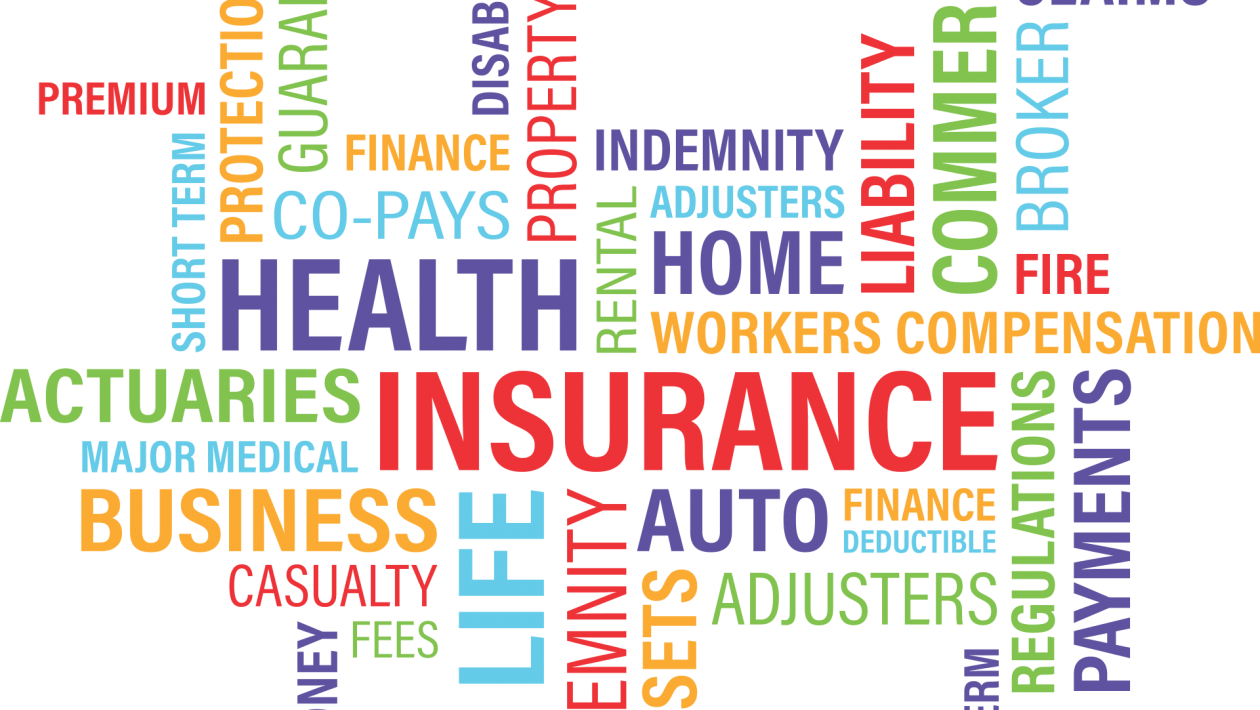There is a 40% chance that your business will make an insurance claim within a 10-year operating period.
This means that there is a significant chance of undergoing an unfortunate circumstance, in that time span.
If you are uninsured or underinsured, such circumstances could be catastrophic.
Insurance might seem like an unnecessary expense.
However, that is far from the truth. Here are the real benefits of insurance and why it’s essential to your business.
Why Do We Need Insurance?
Insurance is one of the few things you buy and hope you never need to use.
Is it an unnecessary business expense or an absolute necessity? Here are five reasons why insurance is a necessity.
1. Peace of Mind
Having proper insurance gives you the comfort and peace of mind of knowing that you are protected and that your business assets are protected.
In a way, insurance helps you manage your risks, you can then be able to focus on growing your core business.
Some of the losses covered can be traumatizing enough to cause you to lose your business. Eliminating this risk, partially or fully, allows you to remain focused enough to grow your business.
This benefit can be enjoyed by your employees as well. Getting workman’s compensation insurance, for example, helps your employees feel cared for and view you as a concerned employer. This, in turn, helps to boost productivity.
For outsiders, a caring employer is viewed as a plum employer. This means your business is more likely to attract and retain the best brains in the market.
2. It’s a Legal Requirement
A major purpose of insurance is to meet legal requirements, as the state or federal governments require some forms of insurance.
Primary auto liability is an example of a form of insurance that is categorized as a federal requirement.
Auto liability insurance protects you in case your trucks cause an accident that injures or damages another person or another person’s property.
There is a lot of misinformation concerning insurance premiums. One of the major concerns is how insurance companies arrive at the premiums.
More often than not, insurance premiums will differ according to a business’ specific circumstances. If you are in the auto hauler industry, you can get additional help here to determine the cost of insurance.
3. Ensures Home and Business Stability
Insurance can help make your business whole again after a setback.
After suffering a loss that could lead to closure or severe interruption of business, insurance kicks in to help you pick up and live to fight another day.
When a business suffers, you might, as the owner, also be forced to tap into private assets to help stabilize your business. At times, this can create tensions in your work-home life balance as well.
4. It Protects Smaller Businesses
Bigger businesses might have enough reserves to cushion them against major shocks. On the other hand, smaller companies and startups do not have this luxury.
What insurance does is support smaller businesses when they do take risks. While it does not eliminate risk, it supports a business’ longevity by cushioning it against some insurable occurrences.
5. Benefits of Insurance: Access to Credit
Insurance increases a lender’s guarantee that their loan will be repaid.
Say, you put up a hauler truck as collateral for a loan.
Then three months down the line, the truck gets into an accident and becomes a write-off. The lender, in this case, has no collateral to hold on to for their loan.
However, if the truck was insured, the proceeds from the insurance claims would ensure the lender still recoups their loaned funds.
Because businesses need financing to scale, having insurance is one way to ensure your business is able to access credit facilities.
Without insurance, most lenders will stay away from the most viable businesses, stifling their growth.
Lowering the Cost of Insurance
As important as insurance is, its cost can make it unappealing to some people.
Insurers use probability risks to calculate payable premiums. Nevertheless, there are certain actions on your part that can help you get lower premiums.
Get Price Comparisons
Get quotes from different companies to compare rates vs. what they offer. You might find some price differences. However, do not be lured by low prices; the reputation of an insurer is much more important.
Cluster Policies
If you have home, business, and health insurance for you and your family, you can get a better rate by clustering them under one policy.
This is a lot of business you are bringing to one insurer. For this reason, they can offer you a significant discount.
Reduce Your Risk
The higher your risk, the higher the premiums. Look into ways you can minimize the risk in your situation or business.
If say you are an auto hauler, hiring highly qualified drivers minimizes their risks of getting into accidents. In turn, this lowered risk level can lower your premiums.
Do Not Auto-Renew Policies
Auto-renewing policies might be convenient. However, you do not get the best deal by doing so.
As you do with new policies, shop around before renewing your current policy. Even this action in itself might encourage your current insurer to give you a better deal.
Discuss Your Options
A credible insurer will be willing to have a discussion with you on how you can reduce your premiums.
Have a meeting with them and go over your business, your risk factors, and the actions you can take to be less of a liability.
Insurance will be a running business expense for as long as you are in business. Therefore, it is worth your time to look into the specifics of premium reduction from the onset.
Get Covered Today
The benefits of insurance cannot be underrated.
If you intend to give yourself some peace of mind, getting insurance coverage is one of the things to look into. Ultimately, insurance is really about what you could lose if you fail to mitigate your risk.
Insurance aside, is your business socially responsible?
Check out this blog on how you, as well as your employees, can foster a cleaner environment.


